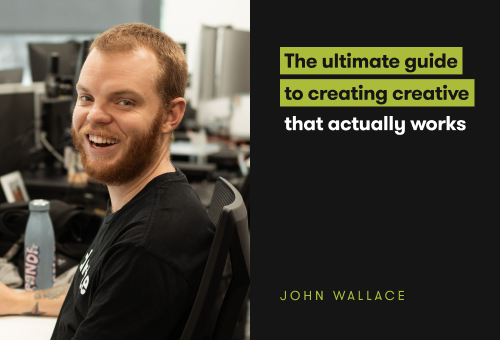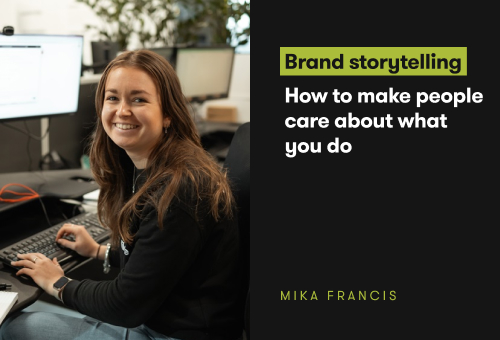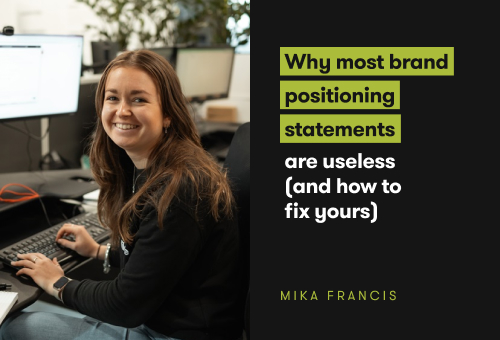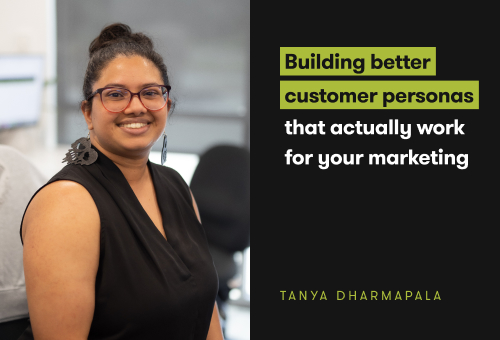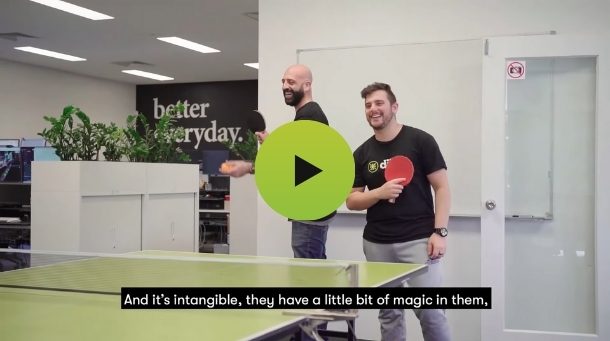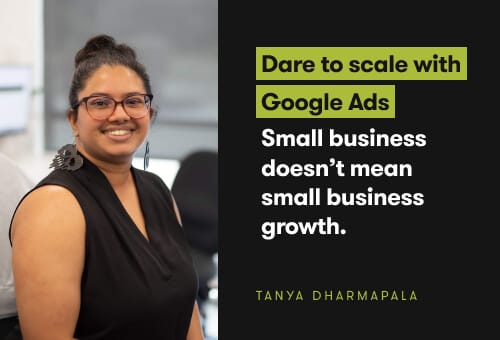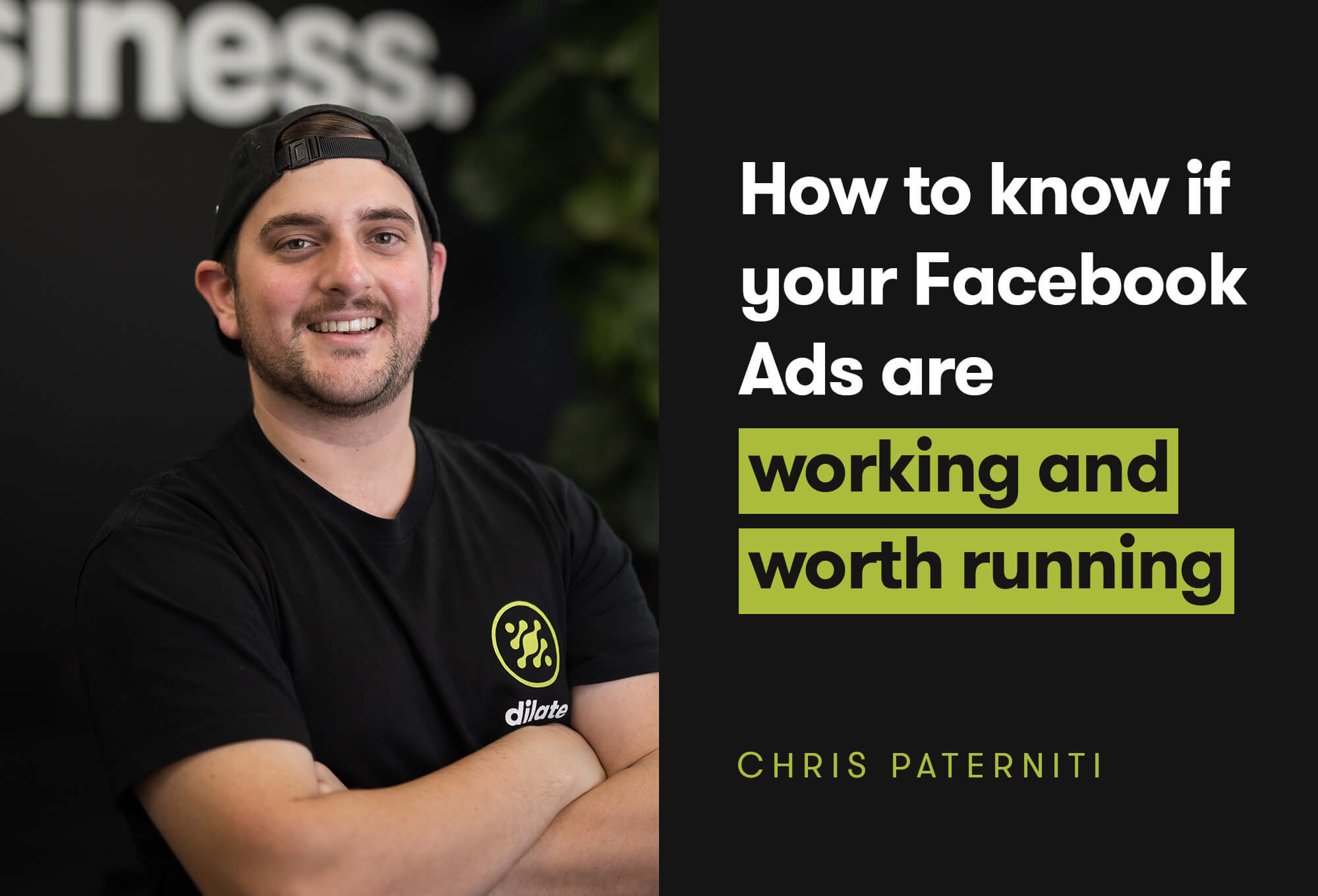8 Huge SEO Myths We Had To Bust
Search engine optimisation has been a rollercoaster of algorithm updates and penalties, as some websites flourish, and some websites race desperately to keep up, only to disappear down a pit of lost rankings and outdated strategies. With changes rolling through as fast as we can adjust our tactics, we’re finding out that many commonly accepted beliefs surrounding modern SEO are simply untrue, and even the most trusted SEO consultant is adhering to SEO mythology. So which myths can you put to rest? Read on, and see if there’s any that you’ve been mistakenly believing!
Meta Tags Don’t Make Any Difference
What are Meta Tags?
Meta tags are HTML tags, used to provide more information between the opening and closing <head> tags, and are have three elements:
1. The title tag
2. The keyword
3. Meta description
The title tag, which appears in the <head> section of a web page, is a necessary element of your page, while the description and keywords are optional. This does mean, however, that Google may use text from your web page in that place.
While there has been industry speculation on how useful meta tags really are, even Google has claimed that it doesn’t use the meta tag to affect page rankings. But don’t dismiss meta tags too quickly, because there is undeniable evidence for their value. These tags help users and search engines to glean more information about your site, and makes your search result more inviting to online browsers, which is the overall aim of a great SEO strategy anyway.
The best way to make powerful meta descriptions is to make them brief, unique, and descriptive. Try to create a concise and appealing description, with your relevant and informative keywords front and centre. Characters are limited to 160, and each page should be different from the others, so set some time aside to tailor your meta tags for optimal results.
Content Length Is Irrelevant
Content is becoming more and more pivotal to SEO, as Google aims to provide a more in-depth and natural experience to the user. By curating fresh, quality content, you can invite more online browser to your website, and they’ll be more likely to stick around too. For example, @CoSchedule found that their top five ranked search results average a word count of 2070, while the pages 6-10 average 1471. However, that doesn’t mean you can just pour words on the page without any forethought, and expect your results to rise. Google is looking for content which matches the user’s intent, so the more helpful or thorough your content, the better. That content will be the stuff that gets retweeted, shared, and pored over, telling the search engines that you’re a bit of a hot shot.
Social Media Doesn’t Affect SEO
SEO is a separate beast to social media, but the effects of social media compliment SEO enough for us to know that it’s definitely a force to be reckoned with. Social media will encourage more traffic and brand interaction, which Google sees as a great sign of your online presence. Align your social media strategies with your SEO, and you’ll see more traffic boosting your website’s rankings.
Guest Blogging Is Over
Woah woah woah. Slow down there, even though Matt Cutts advised against guest blogging in 2014, there has been undeniable evidence of the benefits of guest blogging, and we’re not quite giving up on the old girl yet. After all, there is no real difference between your own content and content you’ve sourced from elsewhere. After all, while guest blogging can be a quick way to form links, poor content will get punished regardless of who wrote it. You can create a guest post and use it to link back to your own website, which can have a huge effect on your SEO. However, there are a few minor points which will help make everything safer and more effective.
- Avoid blogs which look dodgy; poor quality or unoriginal content, or anything that feels a little spammy.
- Google can find the term ‘this is a guest post’, so don’t refer to them as that. It’s far better contribute content that feels like it belongs to the site.
- Use the chance to build natural links, with your brand name or URL as anchor text.
- Use the content to provide links back to your page, rather than the authors profile. This will be more likely to encourage online visitors, and less likely to be sifted out by Google.
Linking Out Will Direct Your Traffic Away
Well, of course, if your user follows a link then they will visit that page. But the average online browser is going to visit thousands of websites, so expecting them to visit you exclusively is never going to work, and Google actually likes it when you link out. If your website is exciting and well created, then the links might offer them new resources but they’ll come back to hear your take on it. Authority sites are also great to link back to, as you show the search engines and the user the worthiness of your content.
Just Lather Those Keywords In
Although keywords are a huge part of SEO, there are a few things to consider before you start peppering your page with them. After years of keywords being used as bait for the search engines, Google has wisened up and isn’t wasting any more time with websites who don’t balance their website with fresh, exciting content. Your keywords should appear naturally when you develop your content, so don’t overshoot your mark with excessive keywords, and end up being penalised.
Keywords Are Redundant
Yeah, I know what I just said, but there’s another rumour swirling that keywords are obsolete now and don’t need any research or direct attention. While my last point may have seemed to hint at this, ignoring keywords is equally as dangerous as overusing them. Use a keyword planner to structure your keywords, and find natural ways to include it in your website and content to show the search engines your relevance and quality. Your focus is on the user experience, and meeting their expectations- Google will naturally recognise this, and follow.
Design Your Page For The Search Engine
This is a dangerous rule to follow exclusively, and the best SEO services will tell you why. Your website is for your audience who want to find out more in your niche, with the search engines facilitating that engagement. So for search engine to be continuously relied on by millions around the world, it has to offer the best, most relevant websites to the user- otherwise, the online browser will lose trust and stop using the search engine. Your website should make you visible and valuable to the search engine, so it can promote you to your audience- if your website is highly visible without any of the value, then it’s not likely to be shared on behalf of the search engine.
If you’re looking for the best SEO services in Perth, then call our team here at Dilate Digital. We’re a professional digital marketing agency, helping our clients with videography, content curation, SEO, Adwords, and all the fun stuff that comes with online marketing. Reach us by phone or email, or come by the office for a cup of coffee and a turn on the Hoverboard.


